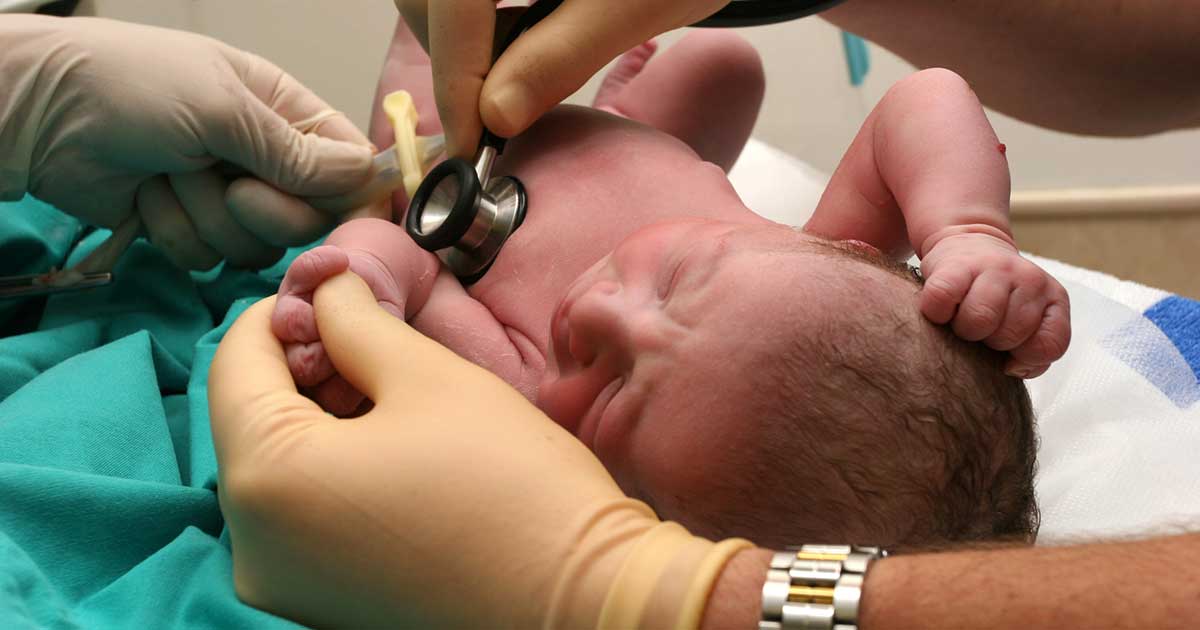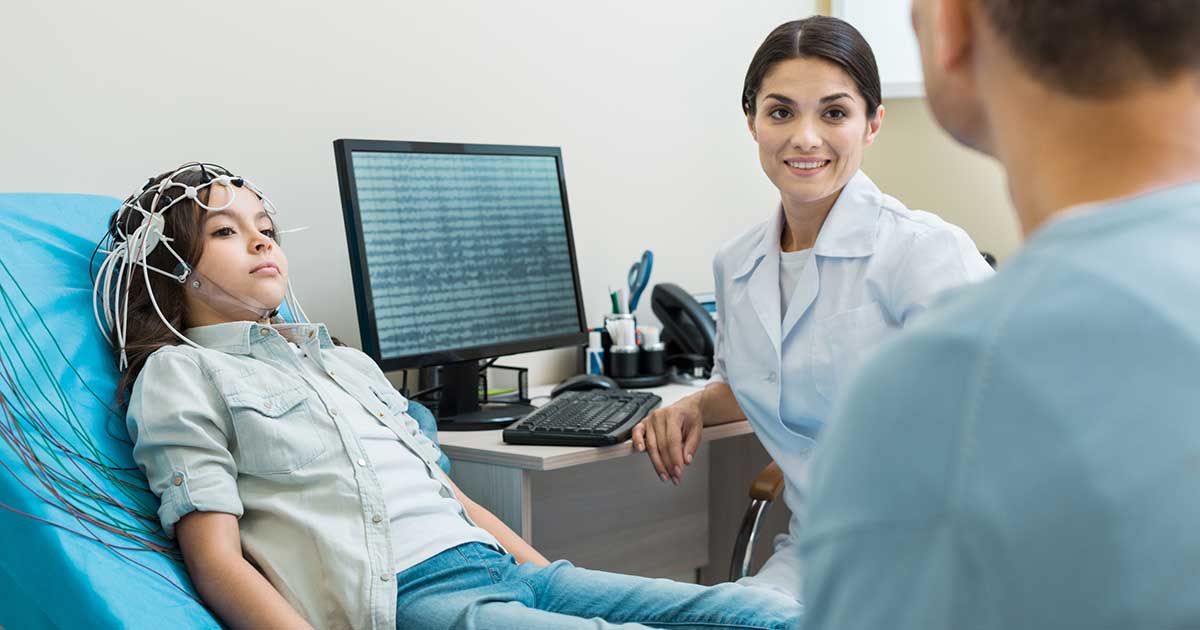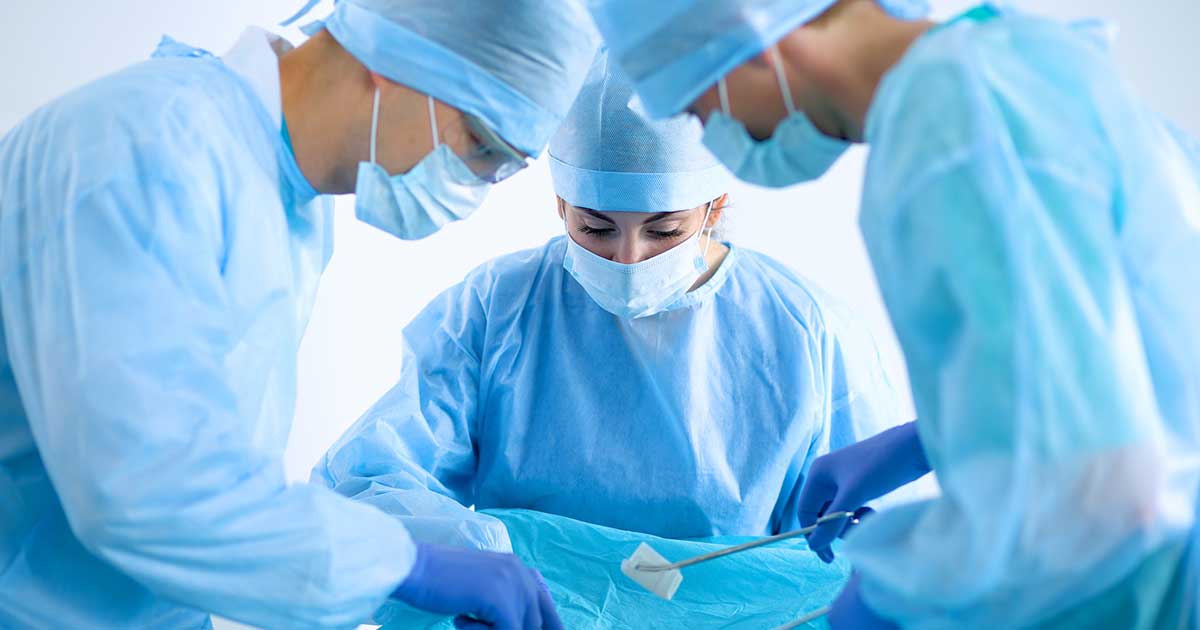A Comprehensive Guide To Tuberous Sclerosis Complex
Tuberous sclerosis complex is a genetic disorder in which the body produces benign tumors in various locations. Being that these tumors are noncancerous, they are not as much of a health concern when compared to other medical conditions in the same category. They are, however, problematic for those forced to live with this condition. Even without cancerous cells, these tumors can be quite dangerous and lead to other health problems. Living with TSC is difficult, but it is possible when patients receive proper treatment, and when the condition is caught in its early stages.
When Does TSC Appear?

TSC is something that often begins in infancy or early childhood; therefore, it is not typical for older children and adults to present the first signs of this genetic disorder. While uncommon, it is entirely possible for someone with a very mild form of TSC not to show any major symptoms until they are well into adulthood, which means they might not know they were born with this condition until much later. Others experience serious symptoms of TSC, so medical professionals are able to diagnose the condition right away. This genetic disorder is uncurable. However, it is manageable with the knowledge and help of a medical professional.
What Are The Symptoms of TSC?

The most common sign of TSC is the appearance of benign tumors in the body. There is no way of knowing when or what area of the body a patient might develop their first tumor, and it is not possible to tell whether or not the tumor is benign or malignant until a medical professional has been able to run a series of tests. These tumors appear anywhere on the body, including inside of the body, atop major organs. They can be small in size, large, and appear anytime in a person’s life. They are most commonly found around the eyes, on the brain, the heart, the lungs and under the surface of the skin.
Skin Abnormalities

Skin abnormalities are another sign of TSC, although they are not prevalent in all cases. These abnormalities are most common in childhood, appearing as nothing more than acne. Other skin abnormalities include tiny patches of skin that seem lighter in color, feel rough, and sometimes feel thick compared to other skin on the body. Red bumps are also a common symptom of tuberous sclerosis complex and appear most often around the nailbeds. These skin abnormalities are rarely painful or itchy, unlike other skin issues that appear more commonly with related health issues, and are not nearly as dangerous or as uncommon.
Seizures

Seizures are another common symptom of TSC; they often represent the presence of tumors growing in the brain and affecting the organ's neurotransmitters. Sometimes, this is the first symptom of TSC in patients who seem otherwise healthy. It is not uncommon for this to happen in small children who are suffering from benign brain tumors and is referred to at this age as infantile spasms. If this happens, the child will spasm frequently and usually violently in the head and in their legs. It can be terrifying for both the parent and the child when this happens, and should always be followed up with a visit to the doctor right away. If it is not TSC, it could be another medical issue that is quite serious, something that could cause long-term effects or death.
Behavioral And Cognitive Disabilities

Some children who have TSC do not appear to have any health issues. Sometimes their problems present themselves in a much different manner, such as the presence of cognitive disabilities like Autism, ADHD, and other mental health disorders. This occurs when TSC goes undiagnosed because no other symptoms are evident in a medical examination. Severe behavioral issues such as self-injury and social and emotional difficulties are possible signs of TSC in children. Hyperactive children might also suffer from TSC that has gone undiagnosed. Unfortunately, these symptoms often appear later, and there is very little parents can do about them other than manage them by seeking help from a medical professional and potentially with medication.
Kidney, Heart, Lung, And Eye Problems

TSC tumors are commonly found on the kidney, heart, lungs, and eyes and can leave an individual with severe health complications if left untreated. The growth of tumors in these locations can affect the way each organ functions; some patients experience shortness of breath, or they are unable to perform physical activity without coughing or struggling to breathe normally. Kidney tumors increase in size as an individual ages, whereas heart tumors grow smaller with age. It is more common for women to experience the growth of tumors on the lungs of than men.
What Causes TSC?

There is no one cause of TSC; it is only known that this is a genetic disorder that may be passed from generation to generation or through certain abnormal genetic combinations. It is not possible to diagnose someone until they are born and even then, it is not difficult to make a correct diagnosis without ample blood tests, health screenings, and biopsies if the first indication of TSC is an already present tumor. There is no known cause of TSC, and there is also no known cure for this health problem. Those who suffer from TSC should seek effective treatment methods, rather than hope it goes away. There is little else medical professionals can offer their TSC patients at this time.
Genetic Facts

Tuberous sclerosis complex is genetic and is present in many patients when a new mutation of the TSC1 or TSC2geneoccurs. These are the genes that have been medically proven to be associated with TSC, although it is not always present in younger family members when there is a history of this illness. Instances such as this is when it is most complicated to diagnose. When a patient has a family history of TSC, they have a fifty percent chance of being diagnosed at some point in their own life. Any TSC patient that has children of their own should know their child has fiftypercent chance of developing this health issue as well.
Diagnosing TSC

The diagnosis of this illness depends heavily on the symptoms presented when a child or adult is brought into the office of a medical professional. When a child is brought in suffering from seizures, it might be one of the first things the doctor looks for using something called an electroencephalogram. Other tests include an MRI, a CT scan, or an ultrasound to see if there are additional tumors present. Sometimes TSC is diagnosed simply by eliminating other health problems throughout testing. If a child has a heart condition, doctors will check the heart using an echocardiogram. If it is in the eye, the doctor will use an ocular lens to determine the cause.
Treatment

There are various methods of treatment, but it is not entirely certain which type of treatment the patient will need until their doctor has been able to conduct a thorough examination. There are medications, surgeries, therapy, behavioral management, psychiatric therapy, and even vocational services currently being used to treat TSC. Medication is used when the patient suffers from seizures or other health problems caused by a tumor. Surgery is often required when tumor growth has affected the ability of any one organ to perform its necessary duties. If a child suffers from acne-like bumps, there is an ointment available to help minimize the appearance of these bumps to ensure the growths do not affect the skin any further.
Lifetime Medical Need

Being diagnosed with TSC means patients are monitored for the rest of their lives. It is not a disease that can be cured, which means patients must undergo regular exams and follow-up appointments to check for new growths, to continue to monitor existing growths and more significant health issues. The lifelong testing patients undergoare very similar to the testing they experience when they are first diagnosed. It is necessary for patients to attend each appointment on a regular basis as missing even one medical appointment could cause serious health problems if the TSC tumors continue to grow unmonitored.
Lifestyle Changes

There is very little anyone can do in terms of making lifestyle changes to affect the prognosis of a health condition such as this. However, medical professionals agree there is nothing wrong with maintaining an active lifestyle, eating a healthy diet, and keeping stress levels low. These are positive lifestyle changes that do minimize and reduce a person’s risk of developing more serious health problems. While it might not have any effect on TSC, they do have an effect on the potential development of other health issues that could cause further complications when paired with a condition such as TSC.